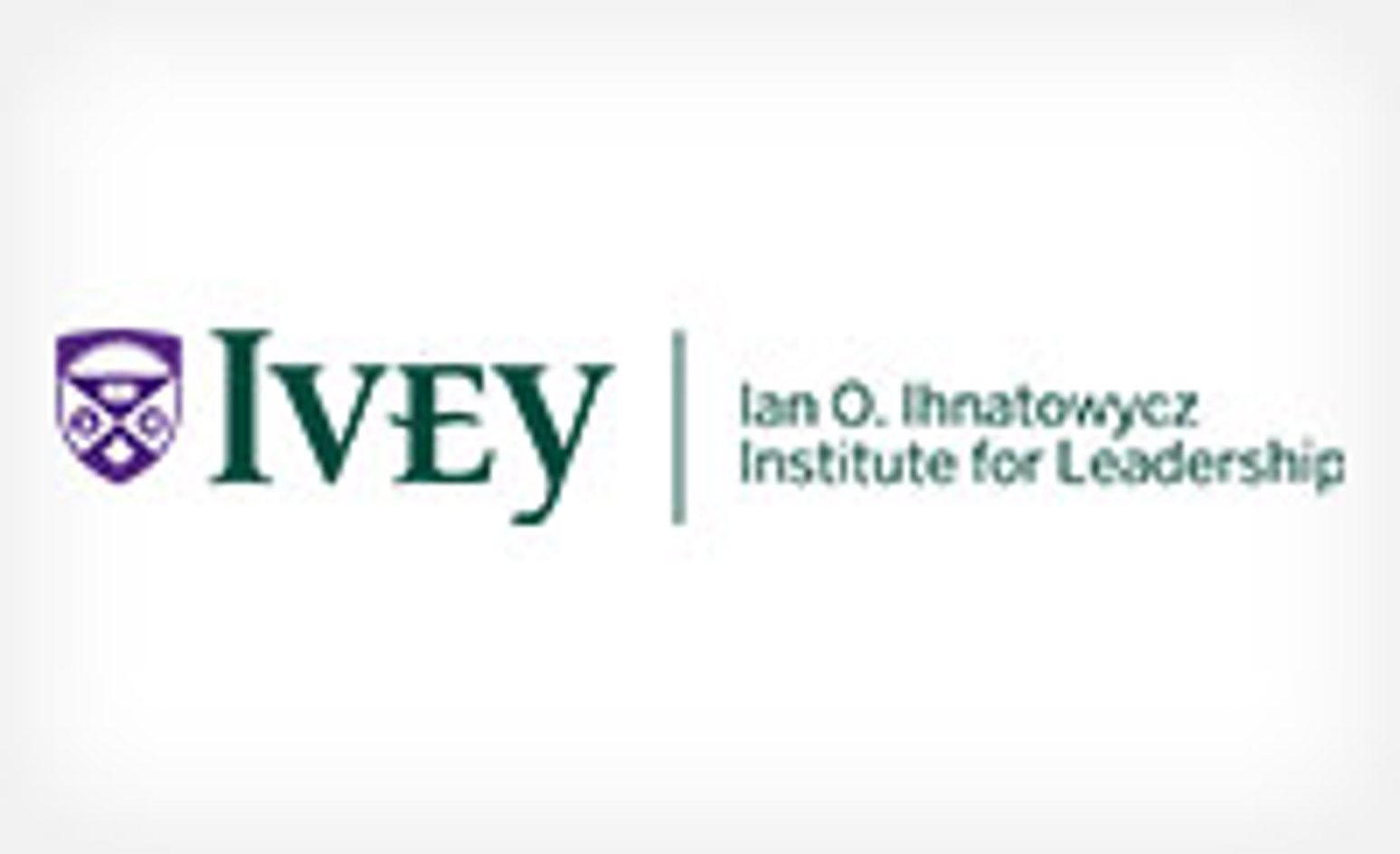Our last week of teaching in Yekaterinburg was memorable to say the least, and I think that in the end I might have learned just as much as our students did; the three weeks spent living there opened my eyes to both the Russian way of doing business as well as to the numerous challenges that face the country as it heads into the future. In my most recent blog I spoke about shifting the focus of our last few lessons to delve into values, and how they might compare to the Canadian values that my fellow teachers and I have grown accustomed to. The rationale behind broaching this subject was to get the students to speak openly about the corruption that exists throughout every level of Russian bureaucracy, and to start thinking about how they can create change as their country's future business leaders. As we spoke candidly about how corruption runs deep and is at most times unavoidable, I found myself becoming disheartened about where the conversation was going: Where I was hoping to find frustration with the amount of corruption present, I instead found complacency. Most students were happy to just accept that bribery and corruption were the way of life in Russia, and during their final presentations some students even included bribes as an expense on their income statements. Despite their apparent ambitious attitudes that I had observed when we first met a few weeks earlier, my students now spoke as if their entrepreneurial aspirations might never amount to more than a dream.
Granted, I was able to understand where they were coming from. I can appreciate how hard it is to instill a true sense of entrepreneurship in a culture where much of the current wealth has resulted from those who took advantage of the up-for-grabs conditions that resulted throughout Russia in the 90's. Those opportunistic individuals, be they former mafia members or just the lucky few, now control the majority of wealth in a city like Yekaterinburg, leaving little room for ambitious youngsters to enter the market. As our final class came to a close, I reiterated the fact that it would be their generation that is going to lead this country into the future, and if they are unsatisfied with the way things are working then they have the capabilities to be the influential change agents that will be needed. I told them that a business' values ultimately come down to the values of the people leading those companies, and I was confident that the wonderful group of students I had gotten to know over the past three weeks was more than capable to inflict such change. That kind of corny idealism was not how I intended to close out the class, but in all honesty I really wasn't sure what else to say. The next day I flew out of Yekaterinburg and returned to Moscow wondering whether or not I was at all effective in the delivery of my final message to the students.
A few days later I found myself in Moscow having dinner with the two American businessmen I had had breakfast with three weeks prior. Both were eager to hear about my experiences in Yekaterinburg, and as I shared my stories they nodded with an affirmation that told me my newly acquired perceptions were aligned with their own. When I was done, however, they filled me in on some of the things I had obviously missed: I was looking for a desire for change on the part of my students, but they told me that for one thing, Russia is not a country that is known for innovation. Instead, what's often needed to inspire change is direct contact. In our leadership classes at Ivey we learned much about the three C's that are central to effective leadership: Character, Competency and Commitment, and after spending three weeks with these young Russians it was clear that they demonstrated all three of these important attributes. For those Russian students, however, I would add a fourth C: contact. The same contact that the American businessmen spoke to me about, the type of contact with someone from abroad that can possibly inspire these students to innovate and pave the way for change in their country. I now realize that through the Leader Project we were providing them with exactly this, and I'm now eager to see how it will help them in the future.
